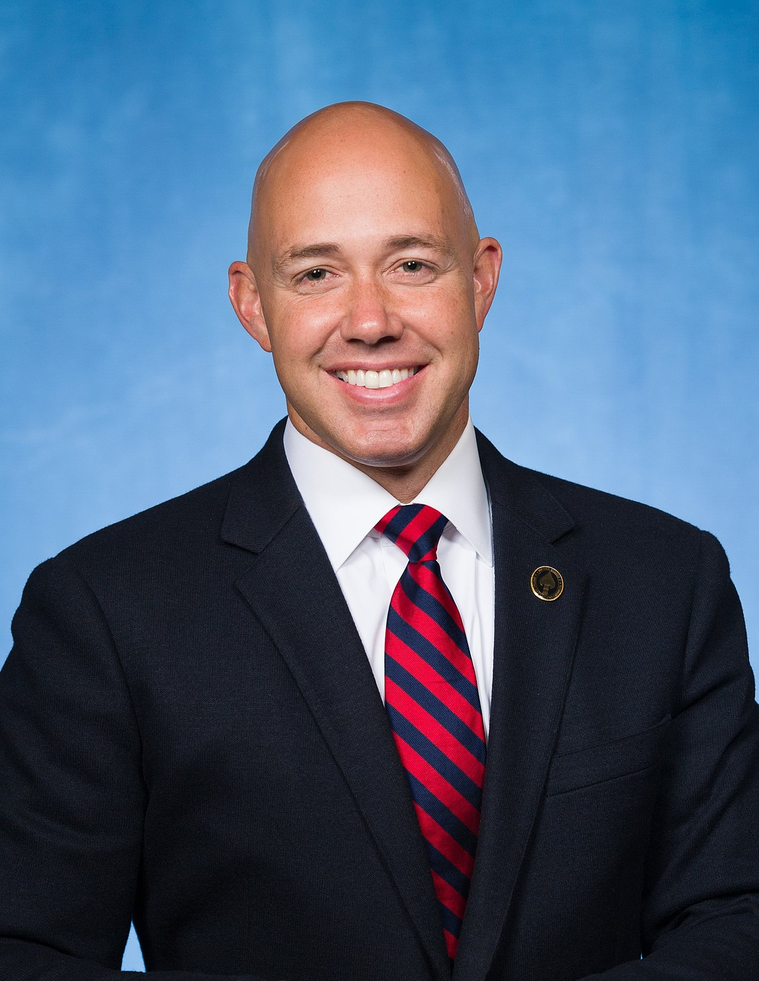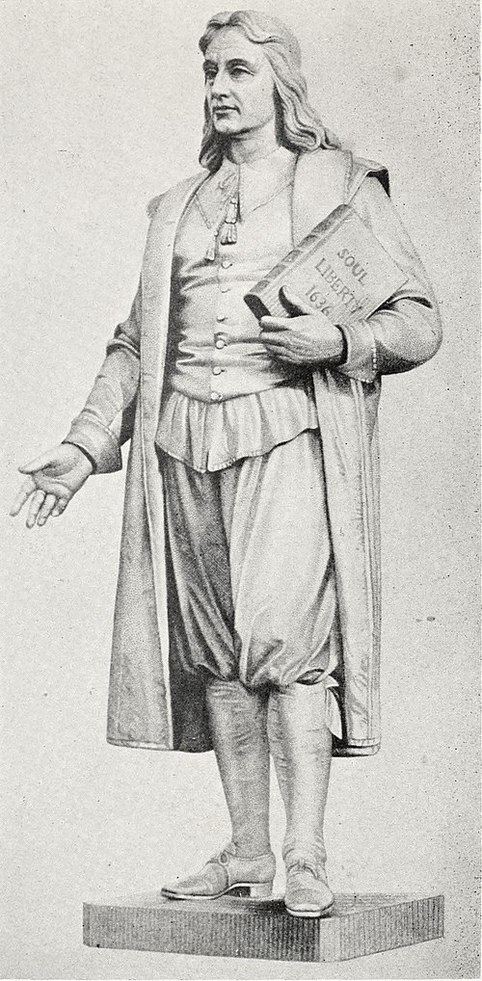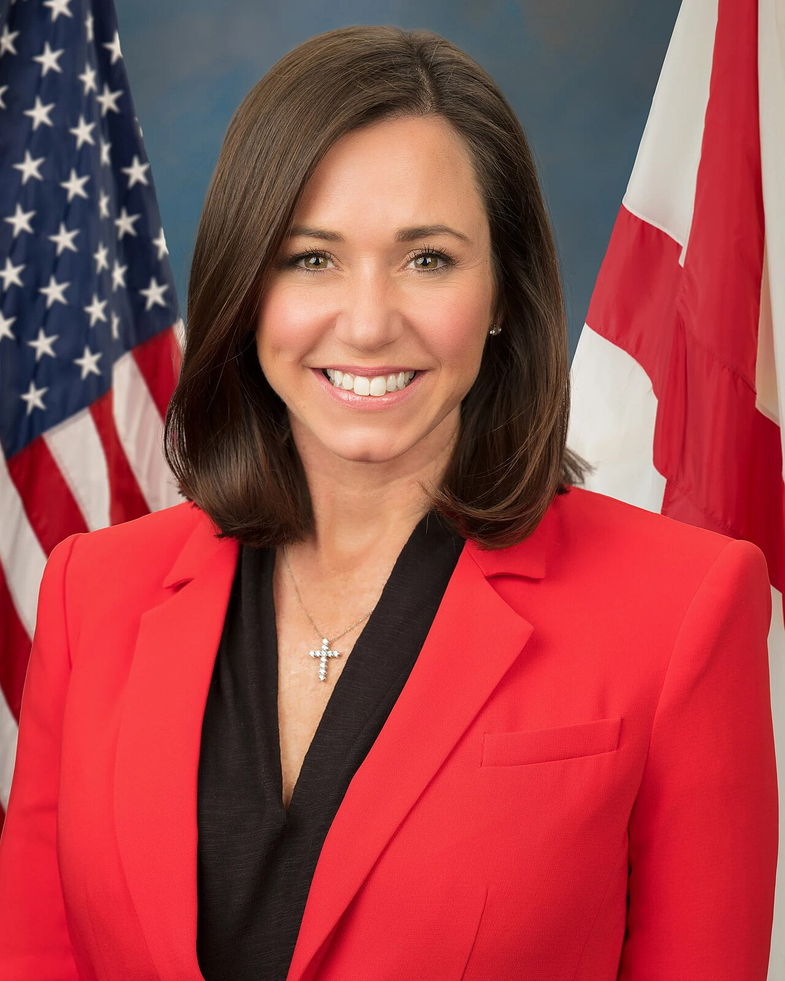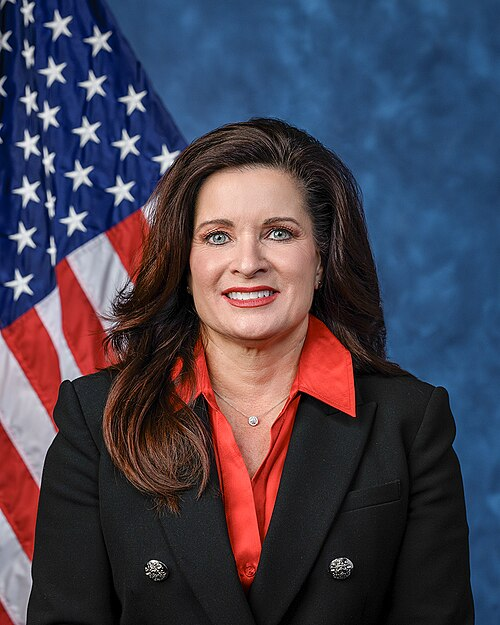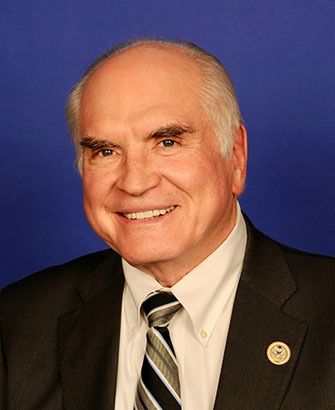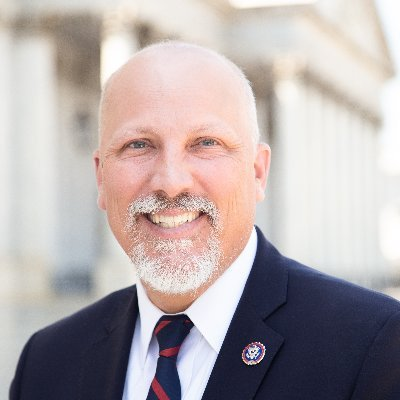H.R. 5299: DFC Modernization Act of 2025
This bill, known as the DFC Modernization Act of 2025, is intended to update and extend the Better Utilization of Investments Leading to Development (BUILD) Act of 2018, which established the United States International Development Finance Corporation (DFC). The main goals of the bill revolve around enhancing the DFC's ability to mobilize private sector investments in development projects to further United States foreign policy, economic development, and national security objectives.
Key Provisions of the Bill
- Increased Risk Tolerance: The DFC is encouraged to take on more risk by using various financial tools to support private investments in development projects, especially in high-risk countries or sectors.
- Support for Energy Security: The bill emphasizes the importance of helping allied and partner countries achieve energy security by diversifying their energy sources and supply routes.
- Investment in Key Sectors: It calls for the DFC to invest in vital sectors that are critical for national security and economic interests, such as infrastructure and rare earth minerals, thereby countering the influence of strategic competitors.
- Facilitating Private Market Development: The DFC should assist in creating private markets in countries to attract capital and reduce reliance on foreign entities that utilize resources for coercive political influence.
- Board Structure Adjustments: Changes to the DFC’s leadership structure are proposed to streamline decision-making, such as reducing the number of board members and specifying appointments by the president.
- Risk Management Enhancements: The bill introduces changes in how the DFC will oversee risk management, indicating a focus on evaluating investments not just individually but also at the overall portfolio level.
- Equity Investment Changes: The maximum equity investment that the DFC can make in a company is increased from 30% to 49%, thereby allowing for greater involvement in projects.
- Equity Investments Account Creation: An Equity Investments Account will be established, allowing for reinvestment of earnings from equity investments without further appropriation.
- Focus on Less Developed Countries: The bill broadens the definition of beneficiaries to include high-income countries when aligned with U.S. interests, but with certain restrictions and additional certification requirements.
- Corporate Powers and Financial Capabilities: The DFC’s financial limits are expanded significantly, raising the maximum contingent liability from $60 billion to $250 billion, allowing it to support larger projects.
- Prohibiting Support to Certain Entities: The DFC is restricted from providing support to projects involving state-owned enterprises or governments in specific countries identified as concerns (like China, Russia, etc.).
- Streamlining Notifications: The bill proposes to raise the threshold for required notifications regarding DFC actions from $10 million to $100 million, reducing administrative burdens for smaller projects.
Other Provisions
Overall, the DFC Modernization Act of 2025 is designed to enhance the capabilities of the DFC in promoting U.S. foreign policy and economic goals by increasing investment and reducing the risks associated with private sector development, particularly in strategic regions. The bill stresses a proactive approach to countering potential economic adversaries while fostering development in allied nations.
Relevant Companies
- BP (BP) - A global energy company that could be affected by changes in U.S. support for energy security initiatives in partner countries.
- ExxonMobil (XOM) - An oil and gas corporation that may participate in projects related to energy diversification efforts supported by the DFC.
- Chevron (CVX) - Could be impacted through potential investments involving energy projects aimed at enhancing international energy security.
- Raytheon Technologies (RTX) - As a defense contractor, Raytheon may see increased opportunities related to DFC-funded projects in infrastructure that serve both civilian and military interests.
This is an AI-generated summary of the bill text. There may be mistakes.
Sponsors
1 sponsor
Actions
5 actions
| Date | Action |
|---|---|
| Sep. 18, 2025 | Committee Consideration and Mark-up Session Held |
| Sep. 18, 2025 | Ordered to be Reported (Amended) by the Yeas and Nays: 28 - 23. |
| Sep. 17, 2025 | Committee Consideration and Mark-up Session Held |
| Sep. 11, 2025 | Introduced in House |
| Sep. 11, 2025 | Referred to the House Committee on Foreign Affairs. |
Corporate Lobbying
2 companies lobbying
